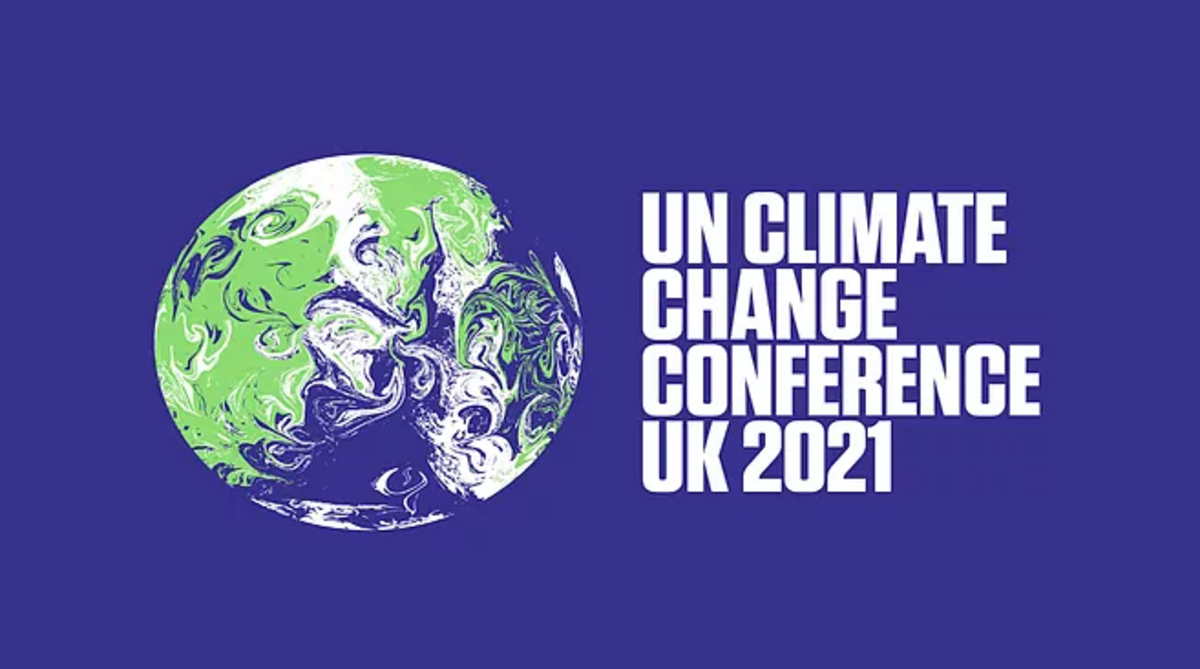
COP26 is a moment of political reckoning on the climate crisis. It is time to hold polluters to account and meet the needs of the most vulnerable people caught in the crosshairs of multiple crises. COP26 must plant the seeds for delivering climate justice by prioritising discussions around loss and damage finance based on global solidarity and ‘polluters must pay’ principle ( COP26 Social Media Toolkit - Climate Action Network (CAN).
AMBITION. The EU uses the COP26 to grow its emission reductions target towards a 1.5°C pathway from 55% to at least 65% by 2030, increasing the ambition in the EU’s ‘Fit for 55’ package and all EU MS need to increase ambition through their NECPs and 2030 targets and 2050/long term strategies.
PHASING OUT FF. Building on the COP26 presidency aims to promote “the end of the coal era”, the EU commits to a global just transition out of all fossil fuels, also commits to phase out international public fossil fuel finance, and accelerates the green energy transition that leaves no one behind.
INCLUSION. Equitable and safe participation in climate negotiations with representatives, observers and media from the Global South.
Rich countries are off track on a cornerstone of the Paris Agreement. The commitment to mobilize $100 billion climate finance annually between 2020-25 for poorer countries was first made back in 2009 and reiterated in the Paris Agreement. Climate finance helps those countries deal with devastating climate impacts and deliver on climate commitments, some of which are conditional on climate finance.
However a delivery plan published on October 25th showed that the $100 billion will be met only in 2023. Projections in the plan indicate that the goal will be exceeded in subsequent years to $117 billion in 2025, leading to little more than $500 billion mobilized on average from 2021-2025. But astoundingly this plan writes off the goal in 2020, and does not commit to delivering $600 billion in the 5-year period as suggested by climate vulnerable countries. Nor does it include an adequate timeline or concrete actions for achieving the baCFGlance between mitigation and adaptation finance, or scale up support for least developed countries and small island developing states (as agreed in Paris).
The failure to reach the $100 billion looms large over the COP26 negotiations. While recently published ECOFIN Council Conclusions on climate finance give some positive signals, they lack ambition and specific commitments, and have some glaring omissions. The European Council and the European Commission would do well to draw on the clear calls for action in the European Parliament’s COP26 Resolution.
Ahead of the G20 President of the European Commission, Ursula Von der Leyen, has rightly called for rich countries to “provide the $100 billion already next year,” as “a question of credibility.” Moreover, it is quite clear from multiple analyses on energy investment, adaptation finance and loss and damage forecasts, that we are looking at the need for trillions not billions over the next decade. As the world’s largest climate finance contributor, the EU’s contributions to and positioning on climate finance at the negotiations can make a real difference ( https://caneurope.org/the-eus-climate-finance-worlds-largest-contributor-needs-to-set-the-direction-of-travel/ ).
What do need to achieve at COP26?
1. Secure global net zero by mid-century and keep 1.5 degrees within reach.
Countries are being asked to come forward with ambitious 2030 emissions reductions targets that align with reaching net zero by the middle of the century. To deliver on these stretching targets, countries will need to:
- accelerate the phase-out of coal
- curtail deforestation
- speed up the switch to electric vehicles
- encourage investment in renewables.
2.Adapt to protect communities and natural habitats.
The climate is already changing and it will continue to change even as we reduce emissions, with devastating effects.
At COP26 we need to work together to enable and encourage countries affected by climate change to:
- protect and restore ecosystems
- build defences, warning systems and resilient infrastructure and agriculture to avoid loss of homes, livelihoods and even lives
3. Mobilise finance
To deliver on our first two goals, developed countries must make good on their promise to mobilise at least $100bn in climate finance per year by 2020.
International financial institutions must play their part and we need work towards unleashing the trillions in private and public sector finance required to secure global net zero.
4. Work together to deliver
We can only rise to the challenges of the climate crisis by working together.
At COP26 we must:
- finalise the Paris Rulebook (the detailed rules that make the Paris Agreement operational)
- accelerate action to tackle the climate crisis through collaboration between governments, businesses and civil society. (https://ukcop26.org/cop26-goals/ )
Follow for more information: